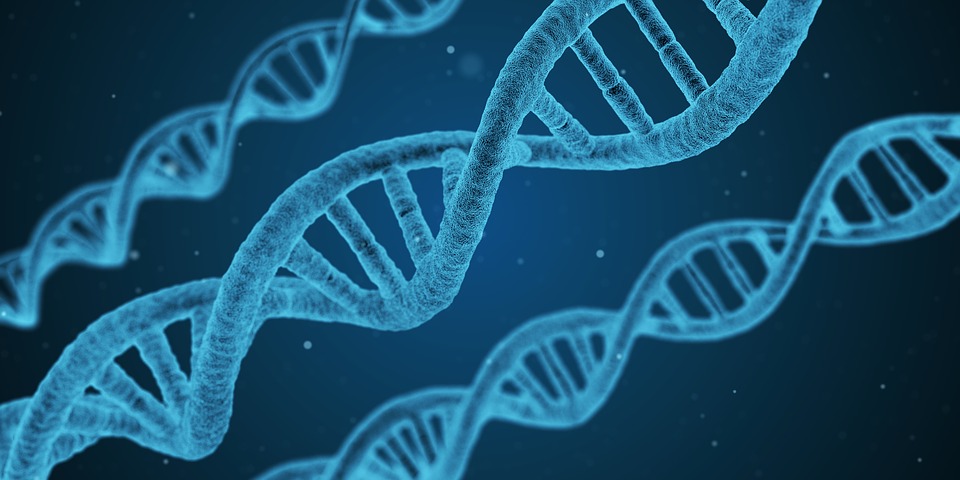DNA testing serves many useful purposes in a wide number of fields. For example, medically, it can help doctors determine the scope of a genetic disease and, forensically, it can help investigators arrive at the correct conclusion to a crime. One reason why knowledge of DNA testing has become well-known is because it is now being commonly used in paternity DNA testing to determine the father of a child if a mother happens to have some doubts. The method of testing and the accuracy of the tests are both highly reliable.
What is DNA?
Identifying DNA, which is an abbreviation for deoxyribonucleic acid, is often considered an indispensable tool in medicine, genealogy, agriculture, and forensic science. DNA is the hereditary material of an organism. It affects how a person looks and behaves. It not only has everything to do with a person’s physiology and but it may also have much to do with their psychology, too. Evolution itself is a result of a change in DNA, a mutation in a genetic variation.
The Value of Paternal DNA testing
A DNA test to determine paternity is valuable for two reasons. At an accuracy rate of 99.9%, it is almost certain proof that someone is the child’s father. Moreover, the test can be conducted before the child is born to help the mother and father make all necessary arrangements before he or she comes into the world.
Any tissue can be used to extract DNA since all cells contain exactly the same type of DNA. So, for example, clinicians wanting to get the father’s DNA can take a cheek swab with a buccal swab. Meanwhile, the fetus is not directly contacted to get at the child’s DNA. Instead, a blood sample is taken of the mother’s blood and the free-floating fetal cells in her blood is separated from her DNA. Thus, the child’s DNA can be obtained without any risk of injury to the fetus itself.
A Child Gets More DNA from The Father
Besides the legal aspect of identifying the father, there is another less well-known medical reason why it’s important that a mother identify the correct father. In a study of mice, researchers have found that more DNA is passed from the father than the mother. This means that at some future date, any genetic issues can be easier to identify by knowing the father’s DNA.
Home Paternity Tests
While most people prefer to use an accredited lab to get a DNA test, which can cost from $400 to $2,000, and get results back in a few days, this does not mean that home paternity tests are untrustworthy. They do serve a purpose for an informal test. Since they have as many as fifteen different markers, they are surprisingly accurate. While a laboratory will deliver 99.9 percent accuracy, a take-home paternity test is about 99 percent accurate.
Conclusion
As far as paternity DNA testing goes, the main ideas to keep in mind are that it is highly accurate, offers peace of mind, and is completely safe for the child. Testing is best done in a laboratory for legal purposes, but take-home tests are still useful as an informal way to get answers.
DNA testing may be one of the most important medical discoveries. Although we have confined our discussion here to paternal DNA testing, the benefits of DNA testing have resulted in remarkable scientific advances in numerous aspects of health care and legal research. Future advances will be in the field of manufacturing drugs that will modify specific genes responsible for some major diseases.











